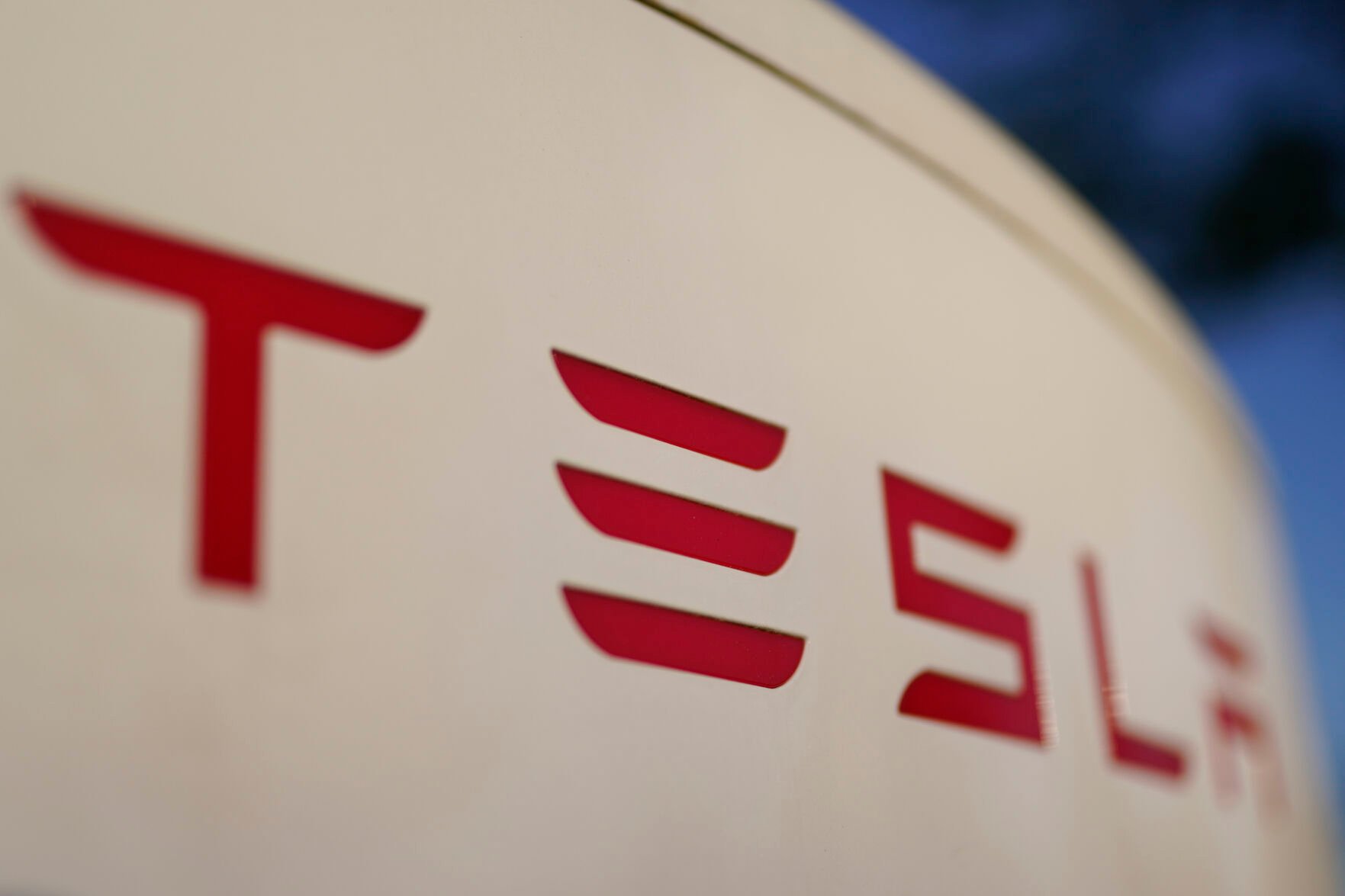Tesla recalls vehicles over ‘Boombox’ function — 4th recall in last 2 weeks
DETROIT (AP) — Tesla is recalling nearly 579,000 vehicles in the U.S. because a “Boombox” function can play sounds over an external speaker and obscure audible warnings for pedestrians.
It is the fourth Tesla recall made public in the last two weeks as U.S. safety regulators increase scrutiny of the nation’s largest electric vehicle maker. In two of the recalls, Tesla made decisions that violate federal motor vehicle safety standards, while the others are software errors.
The cars and SUVs have what Tesla calls a “Boombox” function that allows drivers to play sounds while the vehicles are moving, according to data on the the National Highway Traffic Safety Administration website Thursday. This violates federal safety standards that require pedestrian warning noises for electric cars, which make little noise when in motion, the agency says.
The problem will be repaired with an over-the-air software update that will disable “Boombox,” in drive, reverse or neutral, the agency said.
“The Boombox functionality allows a customer to play preset or custom sounds through the PWS (pedestrian warning system) external speaker when the vehicle is parked or in motion,” NHTSA says in documents posted on its website. “While Boombox and the pedestrian alert sound are mutually exclusive sounds, sounds emitted using Boombox could be construed to obscure or prevent the PWS from complying” with safety standards, the agency wrote.
The recall covers certain 2020 through 2022 Tesla Model X, S, and Y vehicles, as well as 2017 through 2022 Model 3s, according to records.
A message was left Thursday seeking comment from Tesla, which has disbanded its media relations department. The company is not aware of any crashes or injuries due to the problem, NHTSA said.

AP Photo/Chris Carlson
The logo for a Tesla Supercharger station is seen in Buford, Ga., April 22, 2021.
Tesla enabled Boombox with a software update in December of 2020, NHTSA said in documents. The agency began seeking information from Tesla in January of 2021, and Tesla explained the feature and contended that it complied with U.S. safety standards. In September of 2021, NHTSA opened an investigation into the feature. A month later, Tesla defended its rationale for determining that Boombox complied with safety standards. But on Jan. 29 of this year, the company decided to do a recall and disable Bombox in drive, neutral and reverse.
NHTSA said that in 2010, Congress required electric and hybrid vehicles to make pedestrian warning noises. The law required agency rules to stop manufactures from allowing anyone other than an automaker or dealer to “disable, alter, replace, or modify the pedestrian alert sound or set of sounds.”
Tuesday’s recall is the 15th done by Tesla since January 2021, according to NHTSA records. In addition, the safety agency has opened multiple investigations of Teslas.
Michael Brooks, acting executive director of the nonprofit Center for Auto Safety, said Tesla seems to be playing “cat and mouse” with NHTSA’s enforcement team by pushing safety limits. The company is taking resources from the agency, which is trying to deal with spiking highway death rates, he said.
Brooks called on NHTSA consider civil fines for Tesla due to it’s behavior because recalls, investigations, orders and other methods aren’t working. “They’re trying here, but at some point you have to kind of call Tesla out on its general strategy, which appears to be pushing the limits of the safety act,” Brooks said.
Last week, Tesla had to recall nearly 54,000 vehicles equipped with “Full Self-Driving” software that allowed the vehicles to run through stop signs at low speeds, without coming to a complete halt. Selected Tesla owners are “beta testing” the software on public roads, but the cars can’t drive themselves despite the name.
The company also had to recall over 800,000 vehicles because seat belt reminder chimes may not sound when the vehicles are started and the driver isn’t buckled up. And this week, nearly 27,000 vehicles were recalled because the cabin heating systems may not defrost the windshield quickly enough. All were to be fixed with online software updates.
Safety advocates and automated vehicle experts say Tesla is pushing the boundaries of safety to see what it can get away with, but now NHTSA is pushing back.
Which features are essential when buying a new vehicle? Edmunds’ experts break down five must-have features for your next car:
